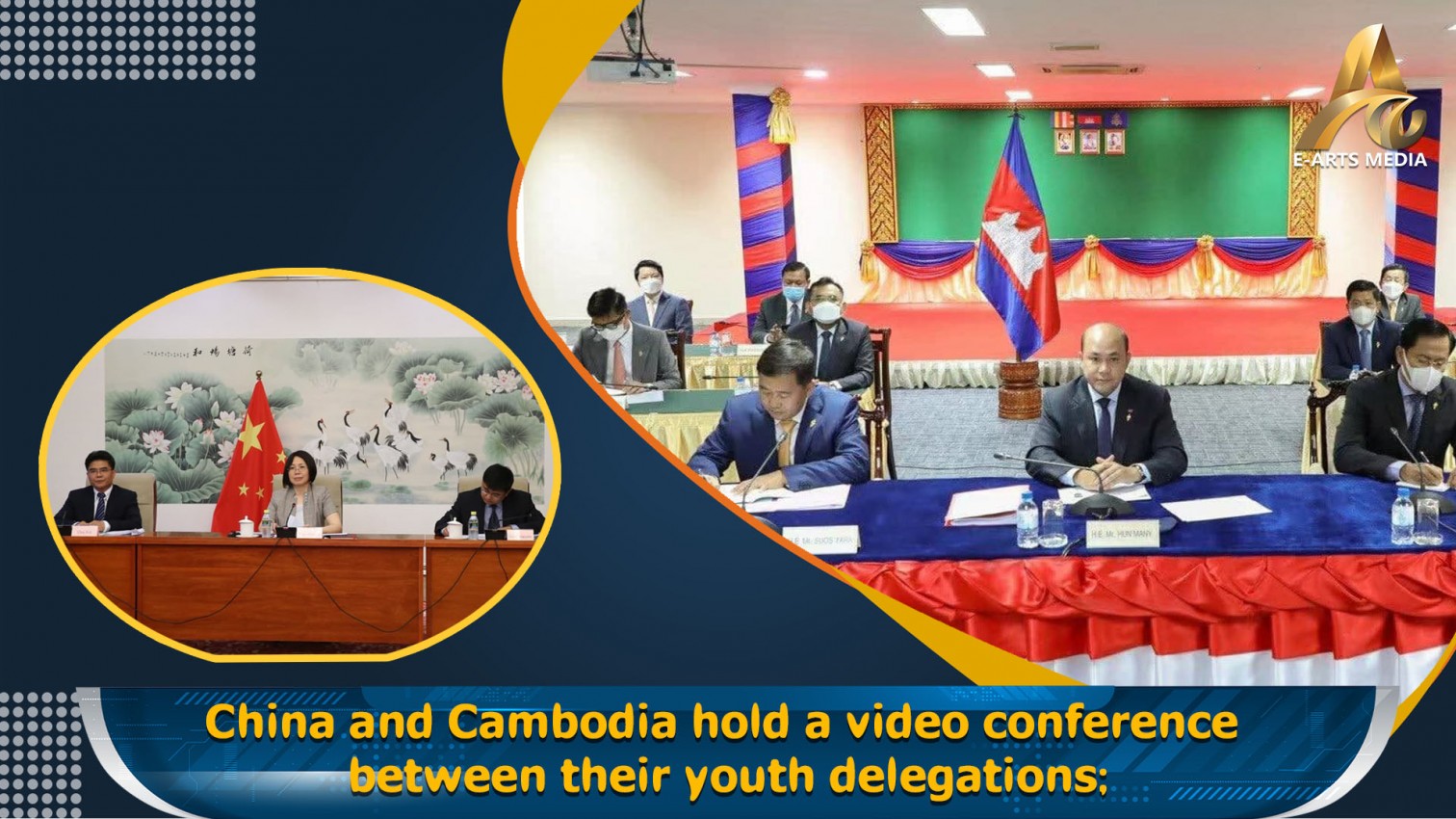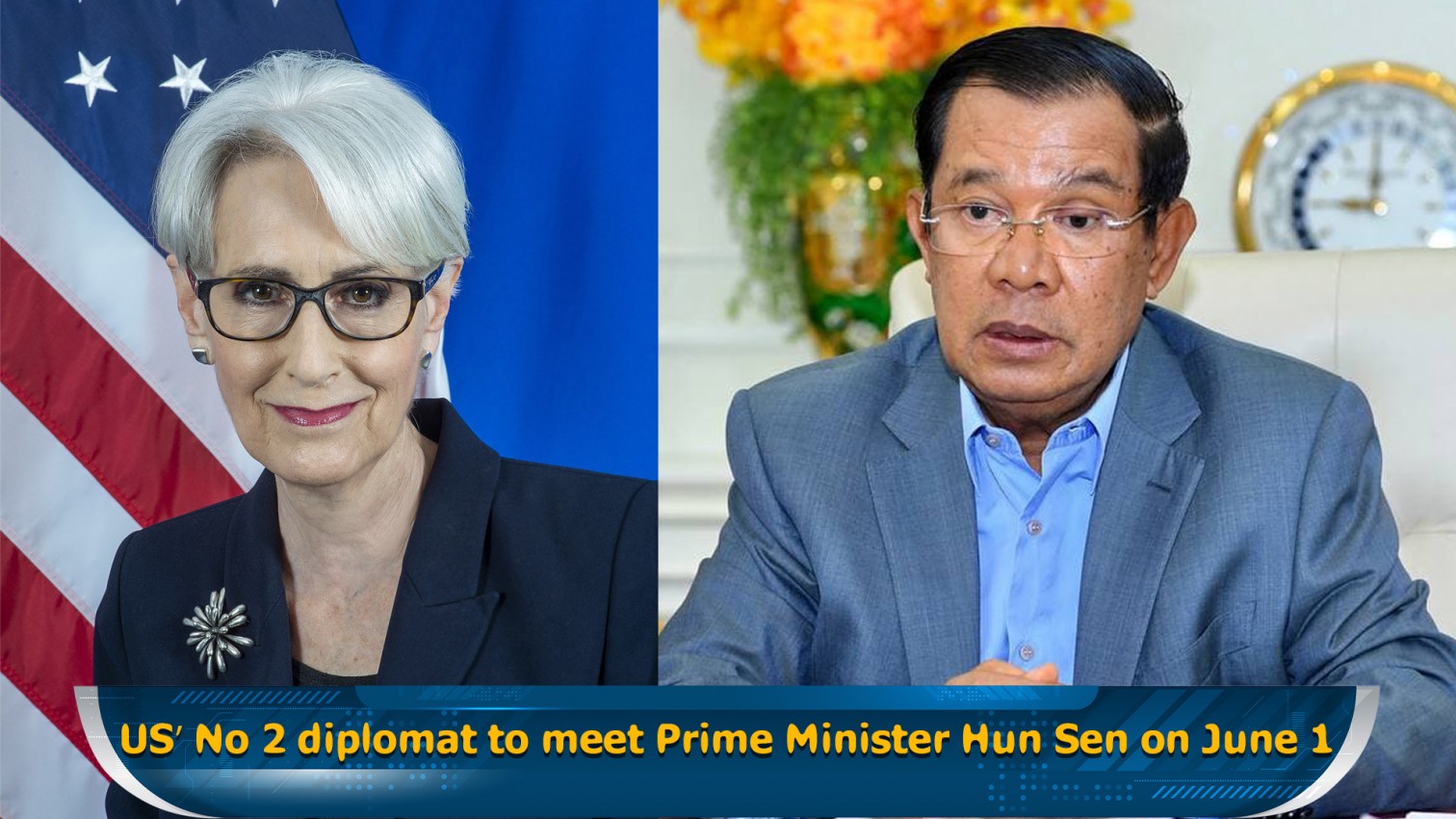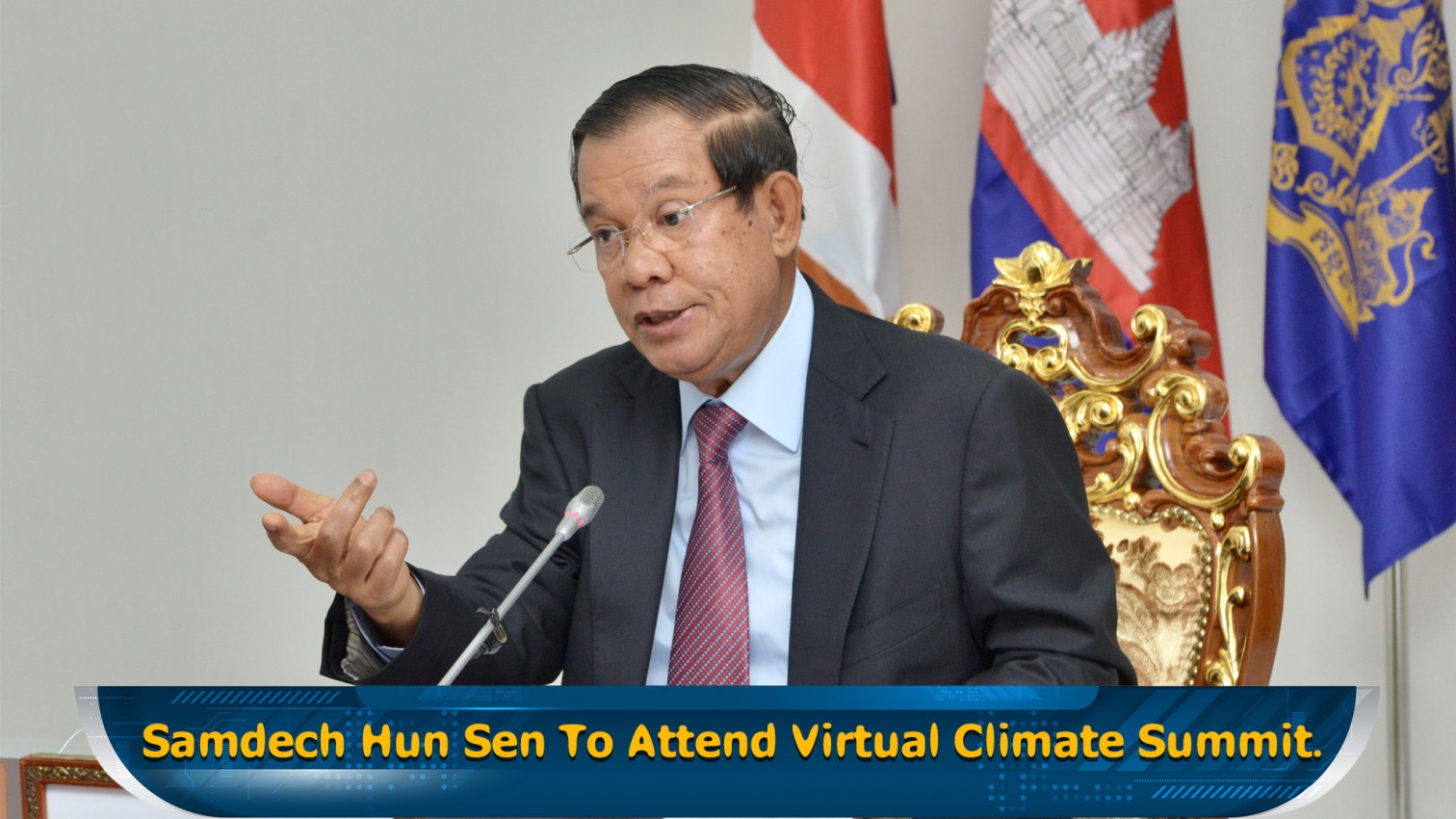Phnom Penh: In a poignant reminder of past debates, Senate President Hun Sen recently shared a video documenting the intense deliberations among Members of Parliament regarding their salaries during the inaugural session of the National Assembly in 1993.
The hour-long footage captures Hun Sen, the second Prime Minister, passionately addressing his colleagues on November 18, 1993. He pointedly remarked on the disparity between MPs' salaries and the economic realities faced by ordinary citizens at the time.
"If you tally it all up, it amounts to $2,557 per month, including allowances! Equivalent to the annual salary of a Prime Minister, We vote on salaries, but do we truly deserve it? Who among us doesn't desire money?" Hun Sen queried during the session.
The video underscores Hun Sen's leadership as he juxtaposed the relative comfort of lawmakers with the hardships endured by educators and soldiers, many of whom lacked adequate resources such as proper uniforms.
"Are our soldiers on the frontlines sufficiently equipped? Do our police officers have what they need while on duty? Do they even have mosquito nets to sleep under?" he questioned, emphasizing the need for MPs to consider the broader societal context.
Warning against unchecked expenditure, Hun Sen cautioned that prioritizing MPs' salaries could necessitate cuts to vital development projects.
"If we continue to endorse such lavish spending, the government will have no option but to slash funds from infrastructure and irrigation projects, diverting them to the National Assembly instead," he asserted.
He urged his colleagues to lead by example, advocating for greater alignment with the populace and a deeper understanding of their needs.






















